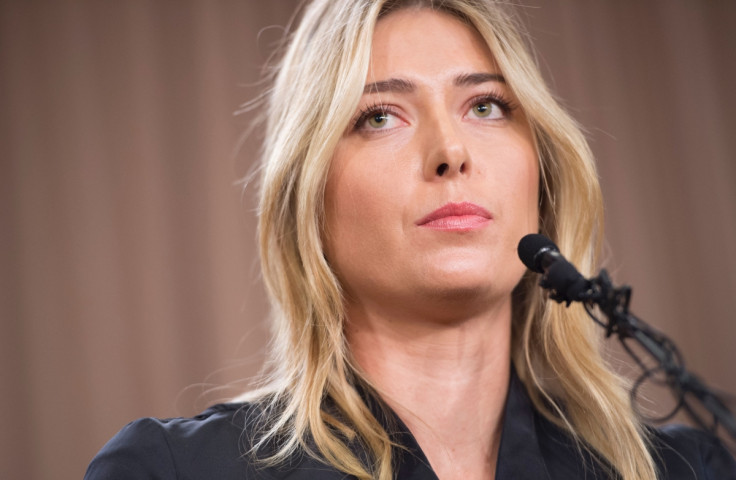Maria Sharapova: Racquet firm Head questions Wada's stance on meldonium

Racquet manufacturer Head has questioned the World Anti-Doping Agency's (Wada) decision to ban the use of meldonium, the drug at the centre of the Maria Sharapova doping case. The sports company, which continues to back the former number one tennis player, suggested the drug should not be prohibited but instead come with a dosage limit.
Sharapova, 28, confirmed at a press conference in Los Angeles last week that she had the drug in her system at the Australian Open in January. As a result, the Russian star will be suspended from 12 March and could face a four-year ban from the sport.
Head, which plans to extend its contract with Sharapova, said the five-time grand slam winner made an "honest mistake".
"We question Wada's decision to add meldonium to its banned substances list in the manner it did. We believe the correct action by Wada would have been to impose a dosage limitation only," a statement from Head added.
"In the circumstances we would encourage Wada to release scientific studies which validates their claim that meldonium should be a banned substance."
Meldonium, which is also known as mildronate, is designed to treat diabetes and some heart-related diseases. Sharapova said she has taken the drug since 2006 because of various health concerns, and insisted she never had any intention to cheat.
© Copyright IBTimes 2025. All rights reserved.





















